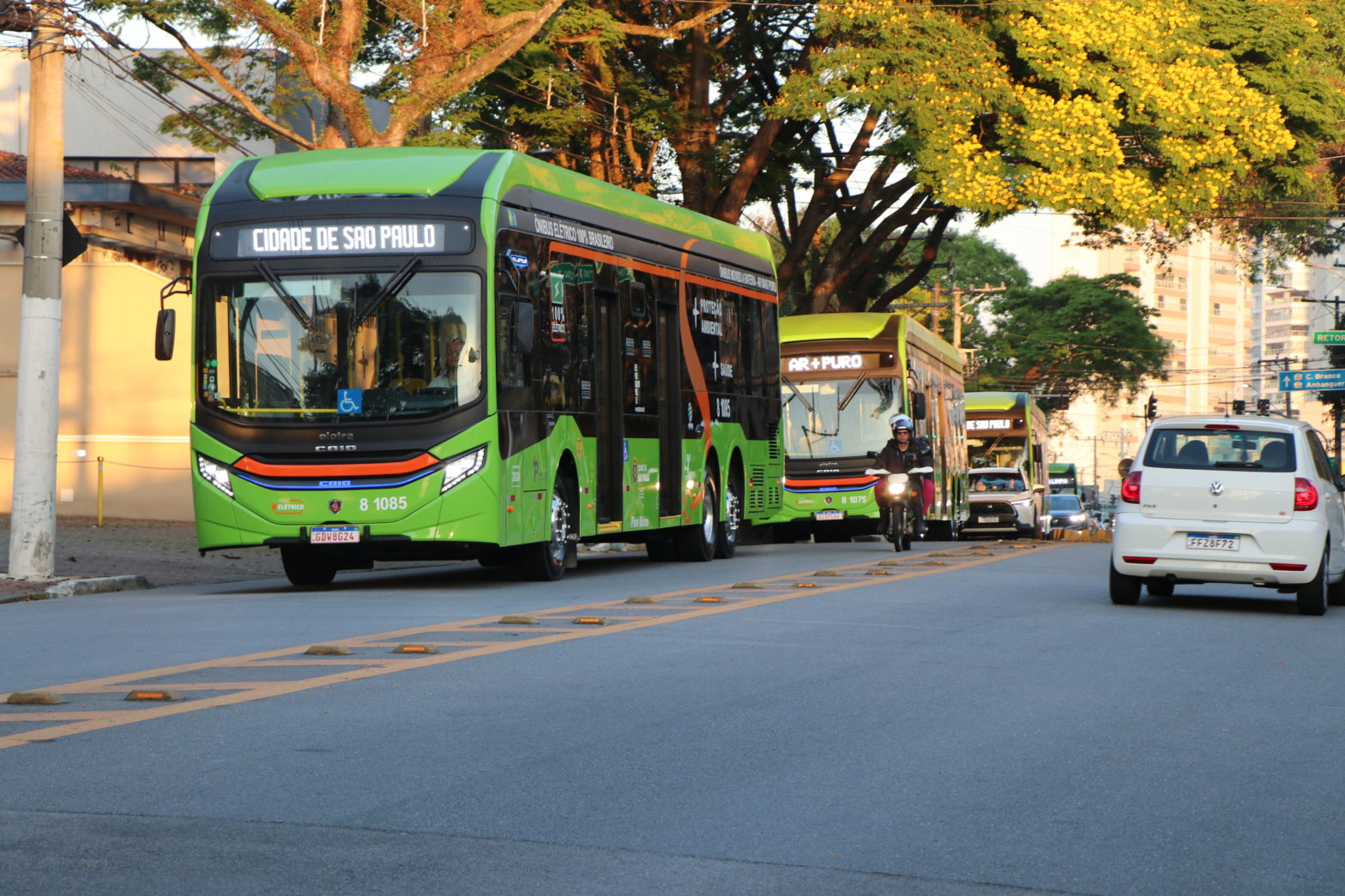
Cities urged to speed up electric taxi integration
13 May 2025
by William Thorpe
The electrification of taxi fleets across Europe is progressing but remains hindered by high acquisition costs, insufficient charging infrastructure, and a reduction in government incentives, says a new report.
The Sustainability Highlights 2024 report from FREENOW highlights that in the UK, 78 percent of vehicles on the company’s platform are electrified, with nearly 72 percent of rides taken in partially electrified vehicles. However, cities like Brighton and Edinburgh are still struggling with a slower adoption of fully electric models, primarily due to high upfront costs and the reduction in government support.
Felix Brand (pictured), Chief Strategy Officer at FREENOW, speaking to Cities Today, stressed the need for greater collaboration between city authorities, public transit agencies, and private mobility platforms to overcome these obstacles and accelerate the shift to cleaner, sustainable transport.
“The reduction in government grants, like the Plug-In Taxi Grant, is a real obstacle,” said Brand. “For many independent drivers, the financial burden of transitioning to electric vehicles is simply too high. We need more consistent and long-term support from governments to make electrification feasible for drivers, particularly in markets like the UK.”
In contrast, cities such as Hamburg and Dublin are leading the charge in electric taxi adoption. In Hamburg, where the company has its headquarters, more than 600 out of 3,000 taxis are fully electric, and 85 percent of them are available on the FREENOW platform.
The city has implemented a mix of political will, targeted incentives, and regulatory measures that have helped accelerate the electrification process. The report shows that 25 percent of all active vehicles on the platform in Hamburg were fully electric in 2024, accounting for 43 percent of total rides.
“In Hamburg, our collaboration with the city has been key to driving electrification. Public-private partnerships, combined with a robust regulatory environment, have enabled a successful transition to electric taxis,” he said. “We are looking to replicate similar models in other European cities facing challenges with electrification.”
One such city is Greece’s Athens, where the company has launched the ZAP Taxi Club in partnership with Sirec Energy and Ethniki Leasing. The initiative combines vehicle leasing, access to a fast-charging network, full maintenance coverage, and platform incentives like priority bookings, which have helped drive electric taxi adoption in the city.
“This is a model we are exploring for other markets, like Poland, where hybrids are still more popular than fully electric taxis,” Brand added. “It’s about offering a comprehensive package that addresses the infrastructure, financial, and operational challenges.”
In Spain, the operator has worked closely with the Transport Consortium of Madrid to integrate its taxi services into the city’s MaaS platform, making electric taxis part of a more integrated urban transport system. This has resulted in a 9 percent reduction in combustion engine vehicle rides in Madrid, with a similar drop in Barcelona.
Brand highlighted the importance of this integration: “Electrification is not just about replacing vehicles; it’s about embedding them into the city’s broader mobility strategy. That’s how we can make sustainable transport a mainstream option for passengers.”
Brand emphasised that strong support from governments is crucial to scaling electric taxis across Europe.
“To accelerate this transition, cities must focus on fast-charging infrastructure, expanded financial incentives, and a regulatory environment that supports the taxi industry’s shift to electric vehicles,” he said. “Governments must act now to provide the resources and infrastructure that drivers need to make this transition viable.”
Image: FREENOW











